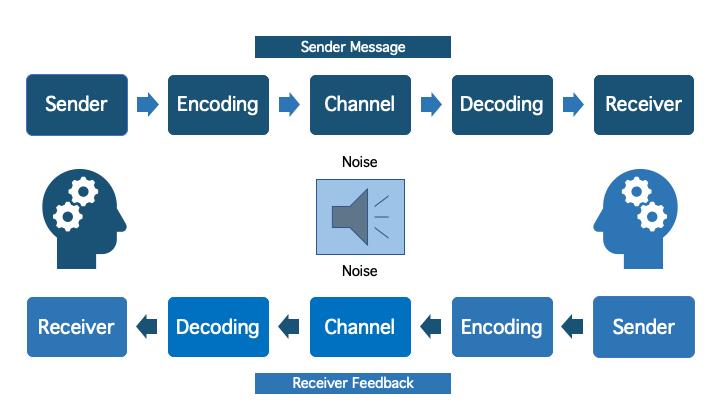Language Skills Development and Cultural Competencies

English
WEBINAR: WHAT’S IT LIKE TO STUDY AT THE UNIVERSITY OF EXETER?
NEW EXPERIENCES NEW FRIENDS
A VALUABLE QUALIFICATION


MANY TRANSFERABLE SKILLS

Coming to study at the University of Exeter is an exciting adventure

Togetthe MAXIMUM outof youradventure, takeadvantageof every opportunityto build confidenceusing Englishand developyour cultural competencies!

Why does English Language skills development matter?

Studying in the UK higher education system is all about communicating your thinking
• Explaining concepts clearly.
• Analysing ideas and theories.
• Evaluating – giving your judgment on how effective, useful or reliable something is.
• Reflecting on what you have learnt from a lecture, activity or module.
• Synthesising or combining the ideas/words of others, clearly, accurately and using appropriate referencing.
You will need to be able to communicate these things through writing, presentation and during discussion.
Why is cultural competence so important?
• People coming from different cultural backgrounds may have different norms and practices for communication.
• When communication does not match our expectations, misunderstandings are more likely to happen.
• Misunderstanding can lead to relationship breakdown.

Cultural awareness and skills in communication
• We are more competent intercultural communicators if:
– We are aware of potential cultural differences.
– Open to learning new ways of communicating.
– Flexible in adopting different strategies.

What can you do before you arrive?
Find any opportunity to listen and read in English (particularly things related to your discipline)
Practice
If possible, practice speaking English too.
Keep a record of new vocabulary – record as much details as you can (definitions, pronunciation, examples) Keep
Do some research on the UK culture – but still expect to be surprised as the UK is very diverse. Do
Find
How can we help? (Cultural competence)
Explore our online resources.
• Including stories from other Exeter students.
• Opportunities to contribute your own stories. Look out for events running during welcome week.
• Intercultural communication the secret to success at university and beyond.
Take advantage of workshops and events offered in your faculty or as part of your programme.
Join our FREE workshops throughout the year.
• Understanding cultural differences.
• Communicating more effectively across cultures.
• Working in culturally diverse teams.
How can we help?
(English Language Skills Development)
A wide range of English language classes provided FREE to students (find out how to participate during welcome week):
• Oral communication skills, pronunciation, seminar and presentation skills.
• Academic reading and writing.
• Language development and grammar workshops.
• Language for employability.
Academic English specific to different disciplines and often taught in-curriculum.
Credit-bearing modules for undergraduate students. Online self-study resources (find out more once you are registered)
Bookable 1-to-1 sessions to ask questions and get advice (look out for the link on your pre-arrival induction)
What
is

it like to study with us?
Small groups (usually no more than 20 per class)

Tailored to needs – many of our courses and classes are specific to discipline.


A supportive space to develop and practice skills that are highly relevant to your underlying studies and future employability.
A relaxed environment in which to learn, practice and ask questions.
Who are we
• Programme Manager: Emma Sweeney (E.K.Sweeney@exeter.ac.uk)
• Assistant Programme Manager: Peter O’Rourke (P.Orourke@exeter.ac.uk)
• Admin: Insessional@exeter.ac.uk
• Website: https://www.exeter.ac.uk/into/englishlanguage/about/
• Online resources: https://universityofexeteruk.sharepoint.com/sites/GuidedIndependentLearningTheIn
sessionalteam (you will be able to access this once you have your university log in)














